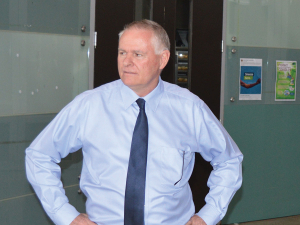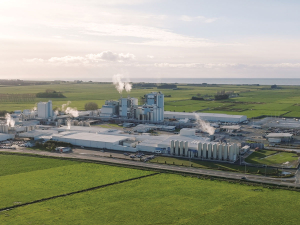OPINION: Henry Dimbleby, author of the UK's Food Strategy, recently told the BBC: "Meat production is about 85% of our current farming use so we can afford to pull that back a bit in order to restore nature... in order to get clean energy. That is not a major sacrifice."
So, to meet Paris targets, the UK aims to reduce farmland by 9%.
A country only 62% self-sufficient in food (2023 Defra figures) becomes more dependent on food imports.
And, no surprises, they expect livestock farmers to bear the brunt of it - the anti-meat brigade no doubt having a massive say in this.
NZ chasing Paris Accord targets might be politically 'aspirational', but it's not worth sacrificing our major exporters for.
This is in effect what the MP for North Shore, Simon Watts is set to impose on us.










